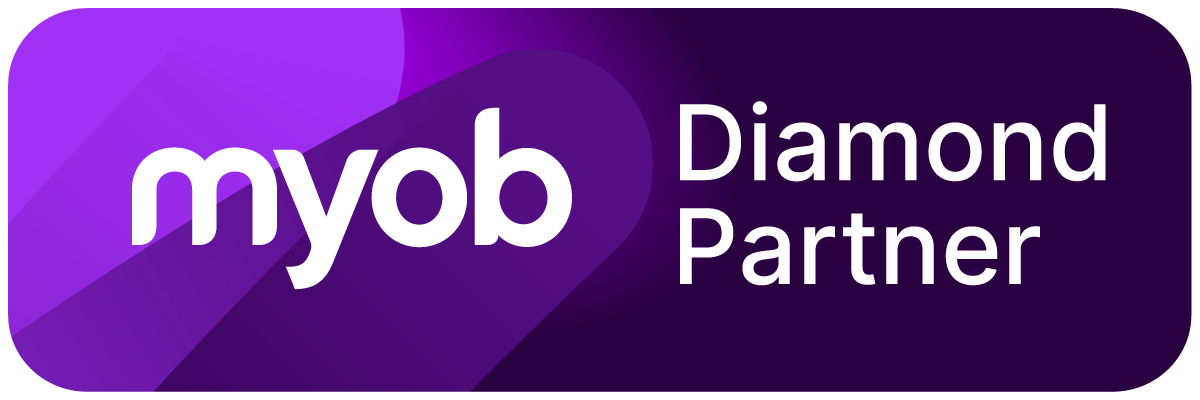Let’s Talk … GST Changes Affecting Airbnb and Bookabach
From 1 April 2024, a new scheme has been implemented for charging and collecting GST on short-stay accommodation. This is via platforms such as Airbnb and Bookabach, with the obligation shifting from the property owner to the platform provider. This is regardless of whether the property owner is registered for GST or not.
Owners not registered for GST are still only required to register if their turnover from short-term rent is over $60,000. However, they do need to disclose their GST registration status to the platform.
How it works – GST Registered Property Owner
Rent received by the property owner from the platform provider goes into the property owner’s GST return as zero-rated sales. The platform provider will pay the GST to Inland Revenue. Property owners can claim GST on their expenses, so if the only income comes from Airbnb, they will continually receive refunds.
For example – Airbnb charges $230 per night. This will include $30 of GST. Airbnb pay this to Inland Revenue and the property owner receives $200. The $200 goes into the GST return as “zero-rated” revenue. The property owner can claim GST on expenses in the normal manner.
How it works - Non-GST Registered Property Owner
The platform provider will pay the non-GST registered property owner some of the GST collected – this is known as a “flat-rate credit”. The amount has been set at 8.5% of the value of the supply.
In the example above, Airbnb pay $217 (the $17 being 8.5% of the $200 value of the supply). This has been introduced to compensate for GST inputs that could have been claimed if the owner were registered.
The $17 flat-rate credit is not taxable income, however a full deduction cannot be claimed for the GST-inclusive costs. The deduction for tax purposes is now based on the GST exclusive amount. If insurance costs $2,500, an unregistered person could previously claim $2,500 for tax purposes. Under the flat-rate credit scheme, they can only claim $2,174.
Other Potential Complications
If a property owner rents out their property directly, as well as using a platform provider, they are subject to a hybrid of both the existing and the new rules, as expenditure related to other sources of income is still GST inclusive. In addition, if you are GST-registered, this means being required to pay GST on the rent received directly.
Situations will arise where the platform provider has not been notified of registration, so they will be paying the flat-rate credit to GST-registered owners. It will be up to these owners to make the adjustment – in the same GST period as they receive it – or penalties could apply. These rules are likely to add complexity to a non-registered property owner.
Our recommendation to property owners is to seek advice sooner than later, to further understand the impact of the new rules. We also suggest reviewing the property activity and re-evaluating your GST-registration status.
If you have any queries about GST adjustments, feel free to touch base with us here at MCI; we’re happy to help navigate these changes.




